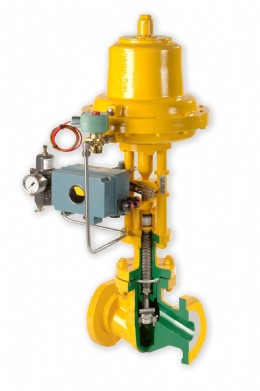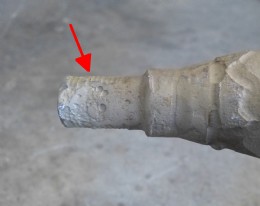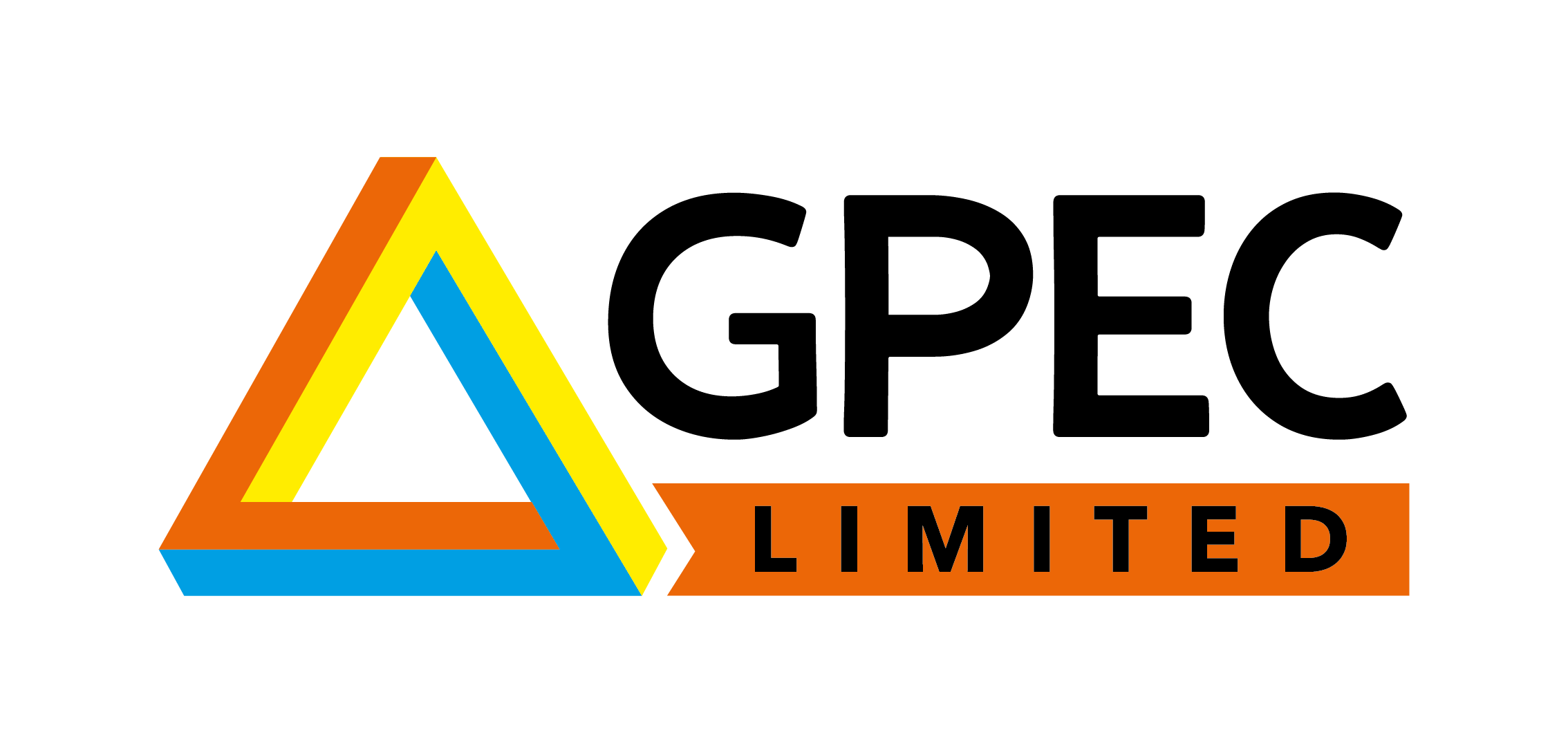Are You Facing Corrosion Problems With Your Control Valves?

Corrosion on valve bonnet in area affected by turbulence

descote 2˝ model 2100BAC bellows sealed control valve

Corroded stem on failing valve
Control valves are a critical part of the control loop, when it comes to controlling hazardous fluids of the chemical & petrochemical industry belonging to category M of the ANSI B31.3, in particular Chlorine, anhydrous HCl & HF, phosgene issues can even be more critical.
Corrosion is one of the major issues challenging the safe and efficient operation of a control valve. Selecting the appropriate valve design and the accurate material for your control valve requires experience and knowledge.
A customer faced a problem with an 8˝ control valve on phosgene service, a bellows sealed globe valve, with pressure balance plug design, located on the output line of a TDI reactor. The valve could only work a few times before becoming permanently open and could no longer close.
After inspection, it appeared that both body and bonnet were highly corroded, the disc to seat contact was in poor condition, and corrosion of the stem induced failure of the stem to disc junction. The failure of the valve had two kinds of causes: the choice of the trim design and the choice of materials. The specific pattern of flow in regulation valves involves high speeds and intense turbulence that can be the cause of so called ‘dynamic corrosion’, or ‘erosion induced corrosion’ with materials that could otherwise be considered as resistant to the fluid. Overlooking this issue is a common engineering pitfall.
descote’s experience in phosgene service - and several other highly hazardous application – has led to a specially adapted trim design (single non-frictional seating surface, hard facing and integral seat) and an appropriate selection of materials for the stem, bellows, screws and any threaded part.
In January 2013, descote offered this customer an 8˝ Model 2100BAC that has been working since then without any problem.
For 40 years now, descote has been developing a complete range of bellows sealed globe valve designed and manufactured to address the safety and reliability standards required by highly hazardous applications.
Model 2100BAC control bellows sealed globe valve manufactured by descote combines the essential functions of a control valve with the stringent requirements for the reliability of plant operations and the safety of staff andneighbouring populations, despite corrosive and particularly destructive process conditions.
Model 2100BAC provides perfect external tightness, thanks to a long metallic bellows sealing the one-piece, nonrotating stem. An emergency stuffing box acts as secondary sealing. The extra long bellows, protected from turbulences in a bonnet cavity shielded from the main fluid flow, reduces stress and increases fatigue life. Fully entrapped body-bonnet gaskets, over-dimensioned bolting, high quality level 2 castings guarantee the perfect internal tightness of the control valve.
The control function is ensured by a renewable single seat, designed to avoid galling and sticking. It is fixed on the stem to ensure stability. The profiled disc is CAD designed to meet control specifications and avoid cavitation and erosion.
Our team of experienced engineers will be able to help you select the most appropriate material for your service conditions, from stainless steel to special alloys.
Model 2100BAC has been approved by the Euro Chlor association according to NEW GEST 06/318 for use on liquid chlorine application.
Other specific descote globe valves benefits are also available on the control valve: they are inherently fire-proof designed, can answer earthquake resistant tests and are SIL3 capable certified, according to IEC 61508-2010 newest issue. Our customers can thus install them in their safety loops on Safety Instrumented Systems (SIS). The Bimatic actuator, designed for the harsh environment of chemical plant, insures reliability and ease of operation. Zero seat leakage can be achieved thanks to the hard-faced metal/metal seating (knife effect) and to individual seat testing.
descote control valves, as all other descote valves, follow very strict non destructive tests and examination requirements. They are based on international standards (API 600, ASME B31.3…), national standards (German TÜV, Japanese KHK…) trade associations (Euro Chlor, Chlorine Institute…), customer specific requirements and our own industrial experience
With numerous references in the Chlor/alkali, MDI, TDI, HF alkylation, fluorochemicals, polysilicon, and semiconductor gases, descote is known worldwide as the valve expert for hazardous media. Our team can design and manufacture small volumes of custom-built products. The expertise in the use of materials such as high purity carbon steels, stainless steels, duplex alloys, Monel®, Inconel®, Hastelloy® … offers the advantage to propose a valve and a service adapted to the requirements of each customer.
GPEC Limited
Tel: +44 1942 356 653
Web: www.gpec-ltd.com

| Telephone: | 01942 356653 |
| Email: | info@GPEC-LTD.com |
| Website: | www.gpec-ltd.com |
| More information on the GPEC Ltd BVAA Member Directory Page |
Search related valve / actuator articles: GPEC LtdIssue 32ValvesControl Valves







-web.jpg)





